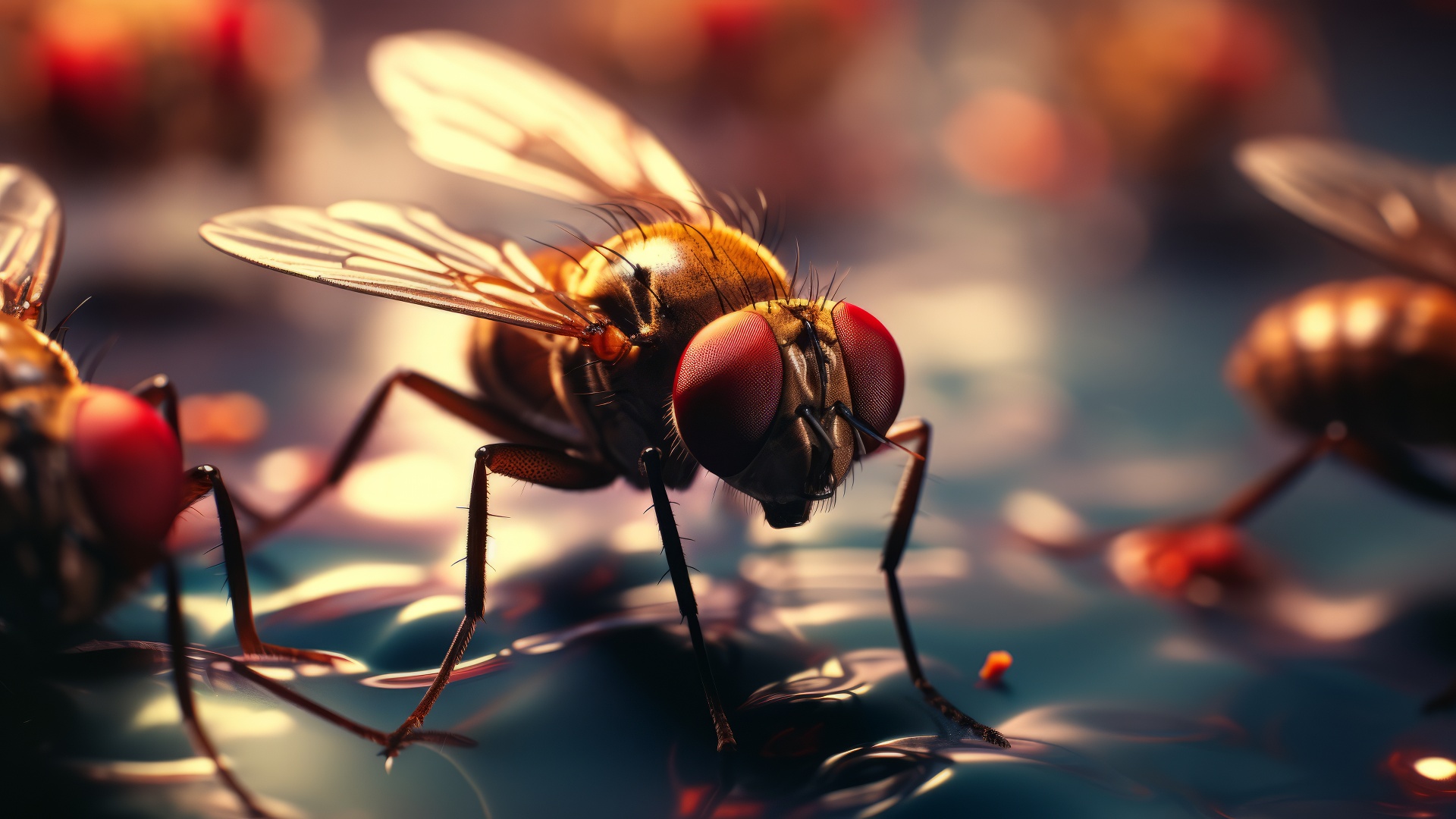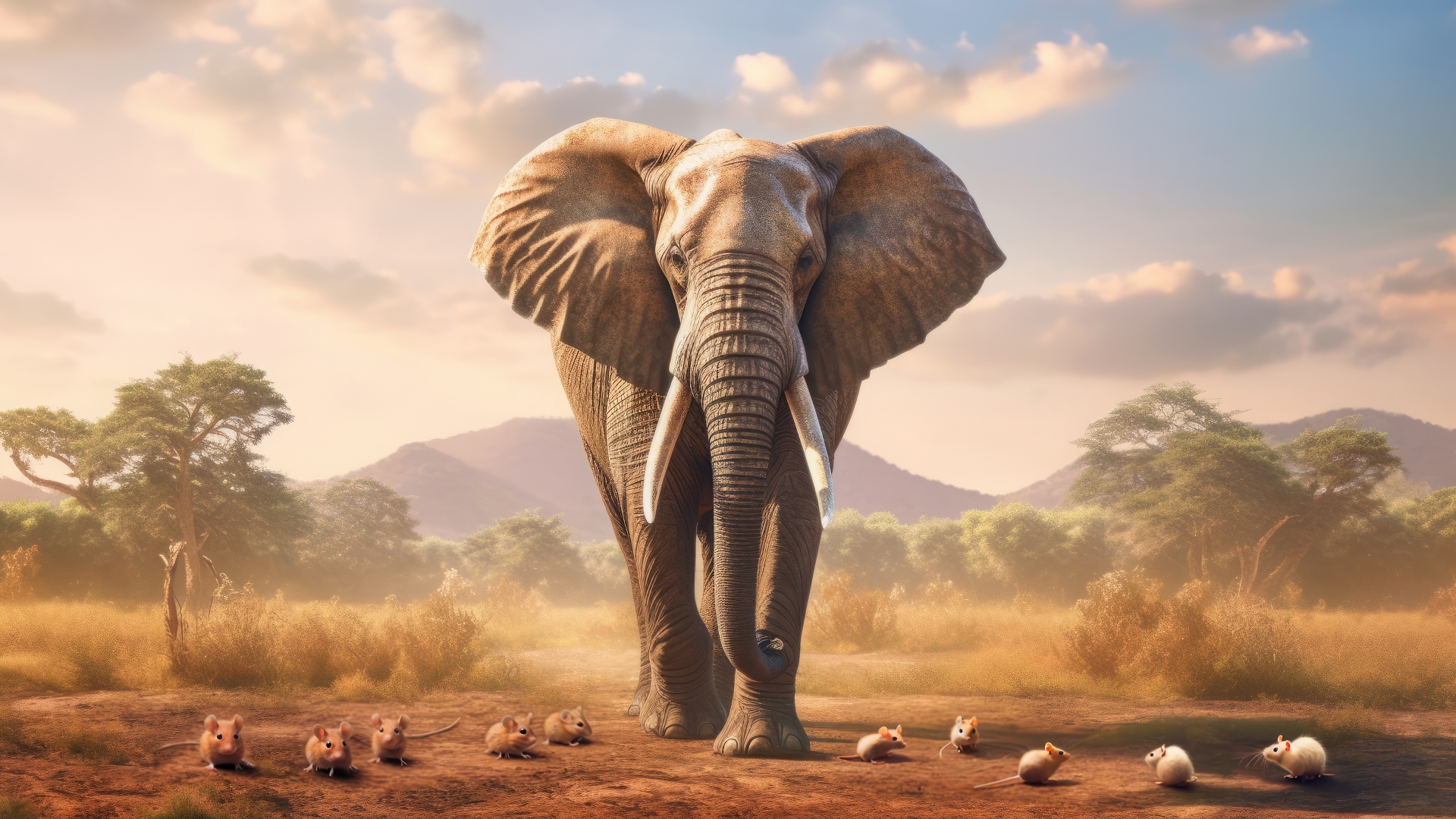Tag: Evolutionary Biology
-

Evolutionary Capacitance
Evolutionary capacitance pertains to an organism’s ability to conceal genetic variations without immediate observable changes. When exposed to certain conditions, these hidden variations emerge, facilitating swift adaptation. This principle sheds light on rapid evolutionary responses and the underpinnings of species adaptability.
-

Adaptive Valley
The Adaptive Valley, central to evolutionary biology, represents a state of local optimum from which a population finds it difficult to evolve towards better fitness due to the interim lower fitness states. Mutations, genetic drift, and various evolutionary strategies aid this crossing, with applications extending to artificial intelligence and beyond.
-

Exaptation
Exaptation, a key concept in evolutionary biology, refers to the repurposing of existing traits for new functions. This process plays a significant role in both biological and cultural innovation, enabling rapid evolutionary responses. Its identification, however, is complicated due to the complexity of historical evolutionary pressures.
-

Umwelt
Umwelt theory suggests each organism experiences a unique, subjective universe based on its abilities to perceive and interact with its environment. This concept, influencing fields like ecology and cognitive science, asserts that organisms actively shape their perceptual worlds, with implications for understanding evolution.
-

Interference Competition
Interference competition is a direct struggle between individuals or species for limited resources, often resulting in aggressive behavior or dominance hierarchies. It influences survival, reproductive success, species communities, and can drive evolutionary changes.
-

Environment of Evolutionary Adaptedness
The Environment of Evolutionary Adaptedness (EEA) refers to the historical conditions under which human traits evolved, typically related to the Pleistocene era. It provides a framework for understanding human behavior, cognition, and health from an evolutionary perspective.
-

The Extended Phenotype by Richard Dawkins
“The Extended Phenotype” by Richard Dawkins expands the concept of phenotype to include a gene’s effects on its environment. The book explores gene-centric evolution, the relationship between genotype and phenotype, and the complexities of natural selection.

